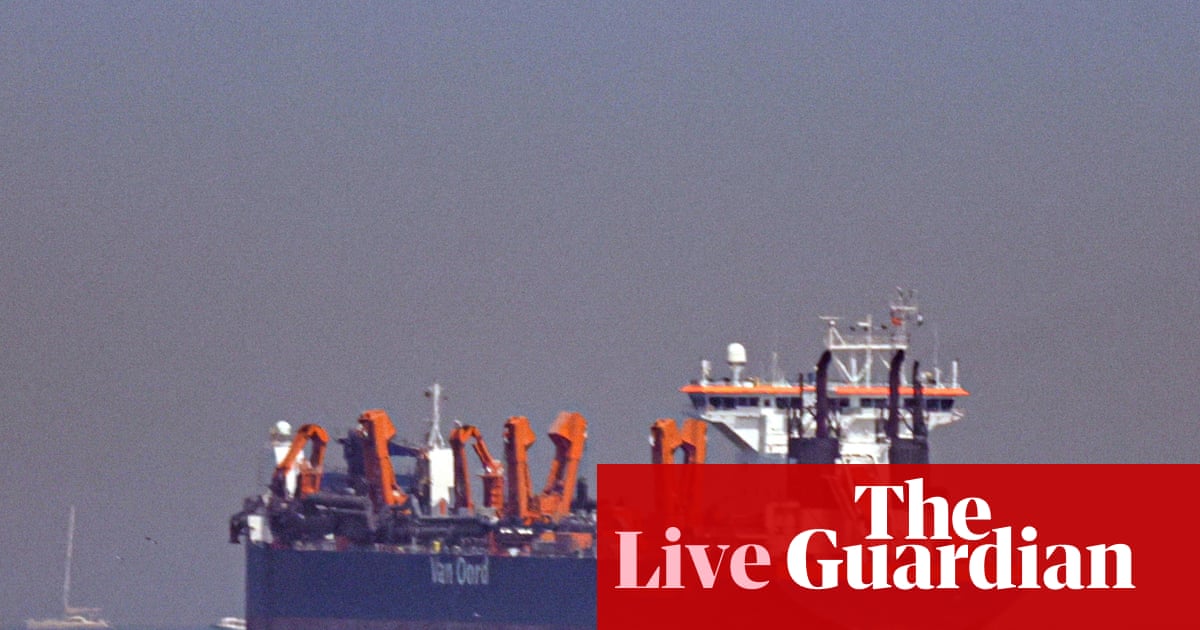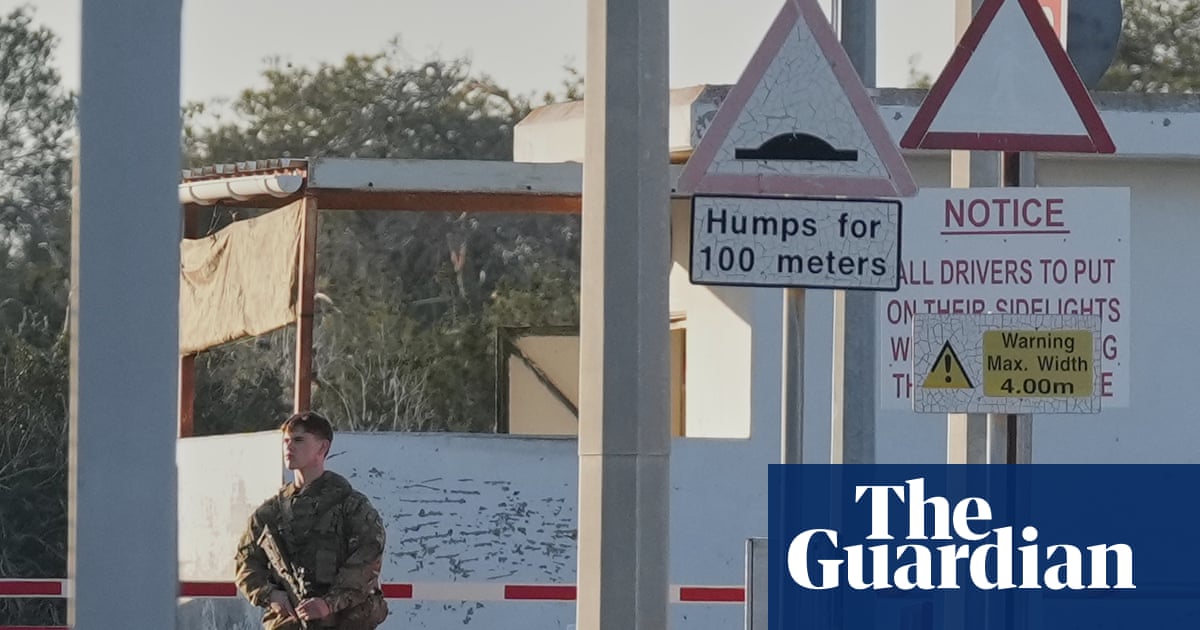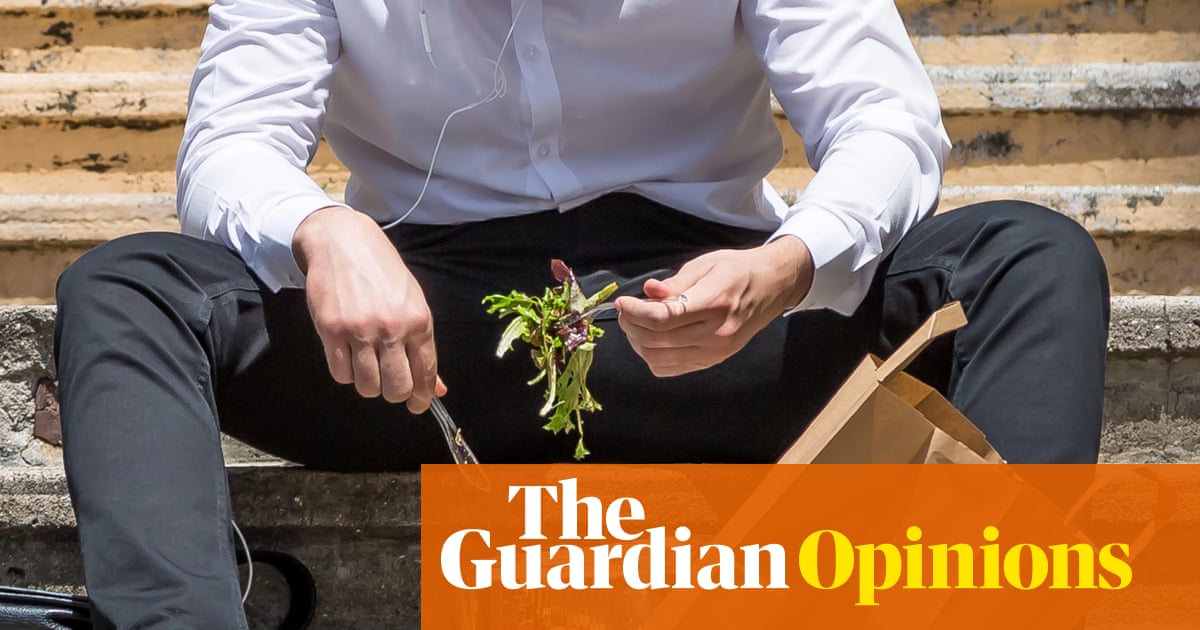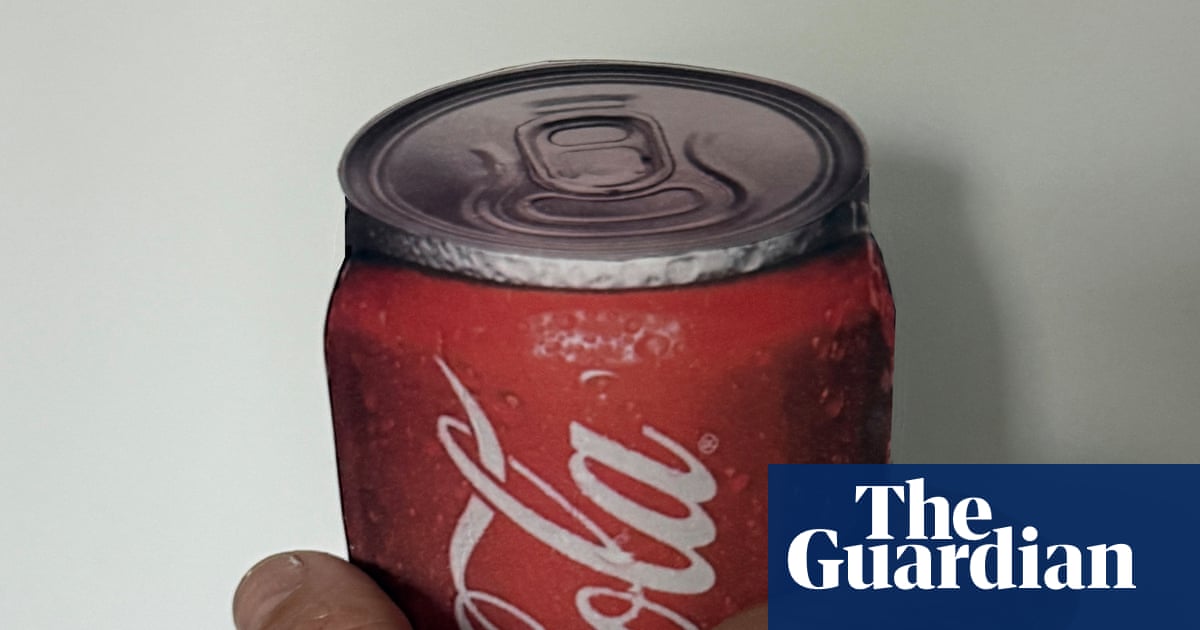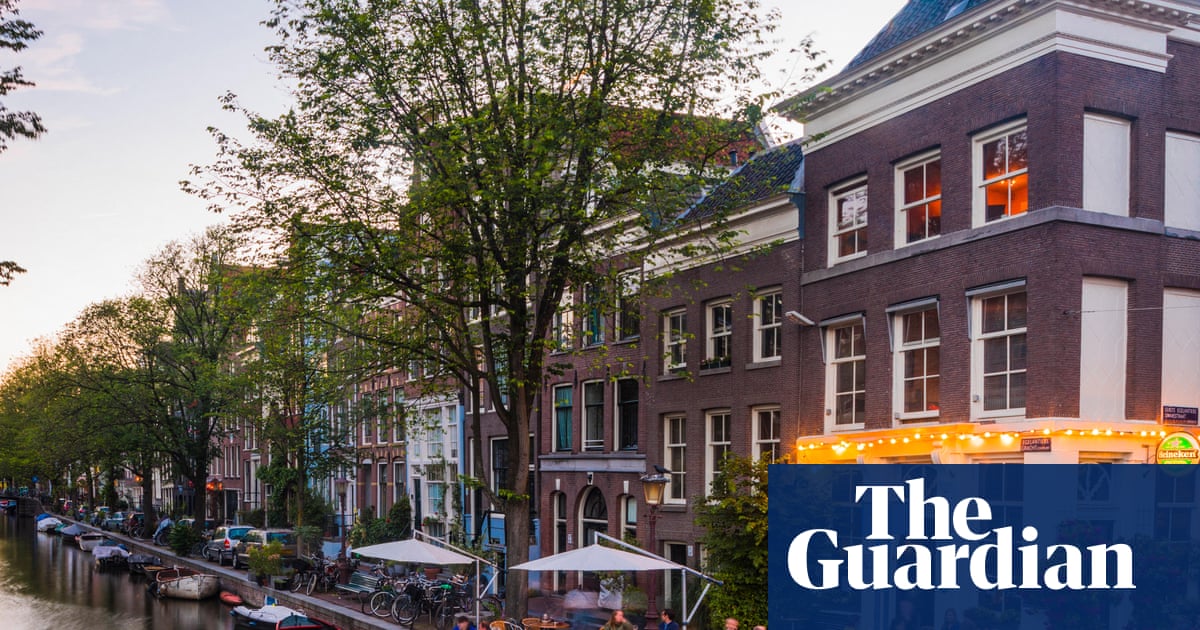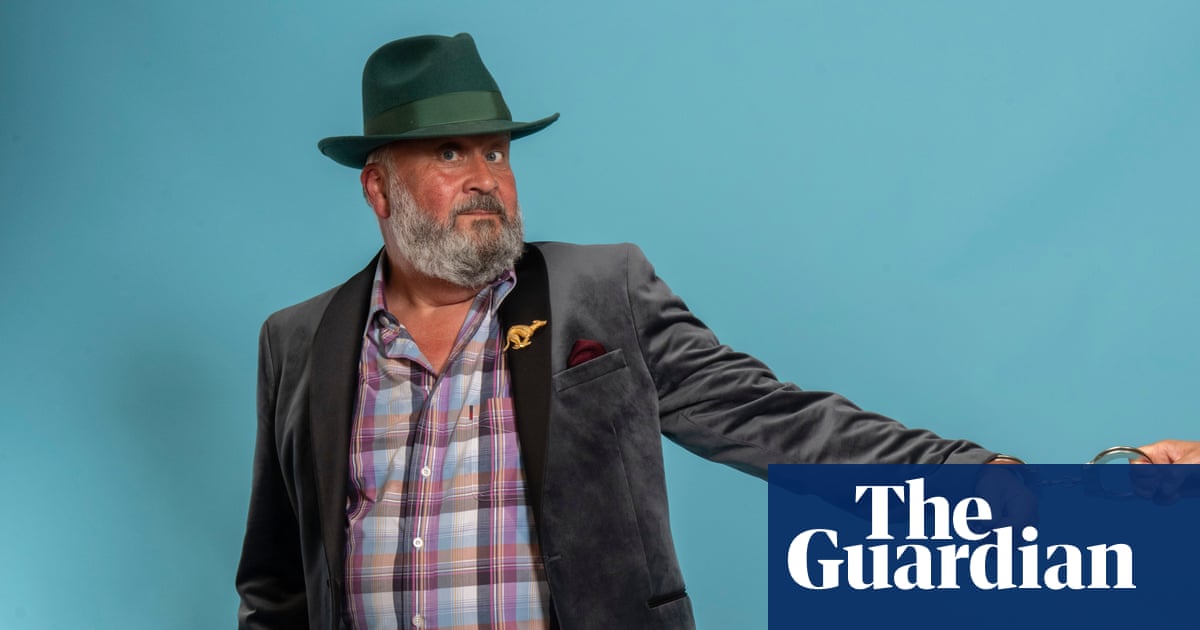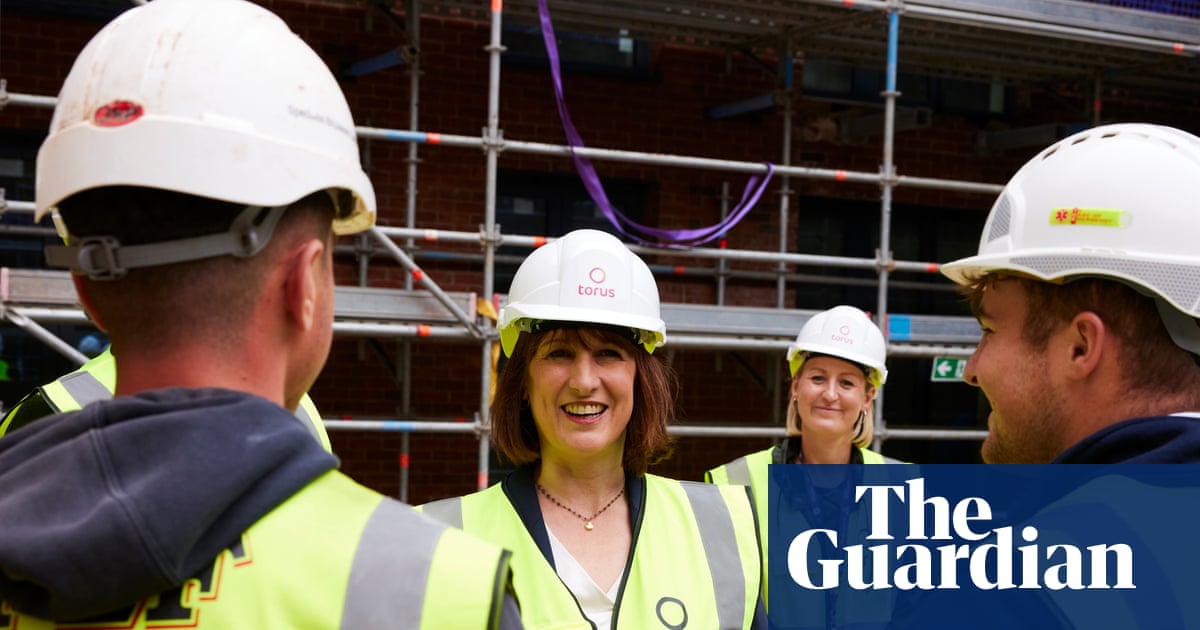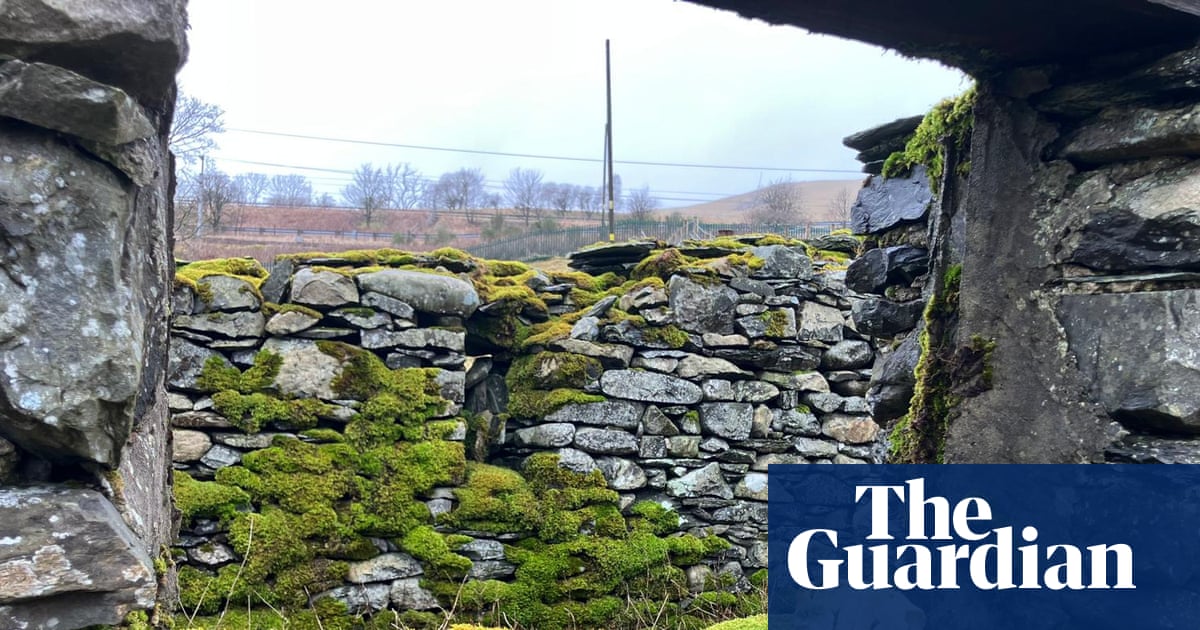The business secretary, Peter Kyle, has backed a shift to cleaner electric arc technology at the state-controlled British Steel plant, raising questions about the future of the UK’s last remaining blast furnaces.
Kyle said the government was “keen to see that transition happen”, as he works on a new steel strategy, which is expected to be published in December.
A shift to electric arc furnaces at Scunthorpe, Lincolnshire, would secure the future of steel production at the plant – under emergency state control since April – as the UK tries to meet its target of net zero carbon emissions.
However, it would also raise doubts about the fate of blast furnaces that employ thousands of people, and the UK government’s previous pledges to preserve Britain’s primary steelmaking ability, producing steel from iron ore.
When the government recalled parliament in April to take control of British Steel, it feared the site’s Chinese owner, Jingye Steel, was planning to close it permanently, with the loss of as many as 2,700 jobs. Ministers have not yet outlined plans for Scunthorpe’s longer-term future.
The government set aside £2.5bn for the steel industry in its election manifesto last year, but Kyle confirmed that it has already spent hundreds of millions of pounds of that money to keep operations going at British Steel and another manufacturer, Liberty Steel, which fell into insolvency in August.
Kyle said the government had been forced to change plans as the global steel industry faced a slew of crises.
“Britain is operating in a highly complex global environment, which includes, of course, the impact of tariffs, but also the impact of oversupply,” he said. Donald Trump has caused chaos with trade levies, while a huge amount of steel has continued to flood global markets from China as it looks for other markets.
Using up the money set aside for the steel industry would probably mean less money for capital investment. Nevertheless, asked if he thought there would be electric arc furnaces in Scunthorpe, Kyle responded: “I do.” He said he would provide more details in the government’s steel strategy.
Steelworkers will be cautious of the plans after the experience of Tata Steel, which last year cut 2,500 jobs at Port Talbot, in south Wales, as it switched to electric arc furnaces. The plan would also require a deal with Jingye, still the legal owner, to walk away.
A move away from blast furnaces would also raise questions over the UK’s ability to make virgin steel. Jonathan Reynolds, Kyle’s predecessor as business secretary, repeatedly said the government was taking control of the Scunthorpe site to preserve “primary steelmaking”, the ability to produce steel from iron ore.
Alasdair McDiarmid, the assistant general secretary of Community, a union representing steelworkers, said he welcomed “the government’s firm commitment to a just transition”.
after newsletter promotion
However, he added that it would be important to “maintain primary steelmaking capacity here in the UK”.
The UK has relied on blast furnaces to produce primary steel, but they generally vent huge amounts of carbon dioxide into the atmosphere. Electric arc furnaces, by contrast, use electricity to melt down scrap steel, not iron ore.
The government is considering investing in a separate facility to turn iron ore into direct reduced iron (DRI), which is compatible with electric arc furnaces. That DRI could then be produced using clean hydrogen, preserving primary steelmaking ability with much lower carbon emissions. However, industry sources have cast doubt on the financial viability of such an arrangement.
Frank Aaskov, the director of energy and climate change policy at UK Steel, a lobby group, said it was “encouraging to see the secretary of state set out a clear future vision for the UK steel industry and British Steel”.
He said the steel industry needs “a stronger business environment through lower power prices and robust trade policies”.
Kyle spoke to the Guardian from Cardiff, where he was meeting small businesses to hear about productivity improvements using digital technology. He said the government wanted to play a “greater role” in coordinating AI training for companies.

.png) 3 months ago
52
3 months ago
52
